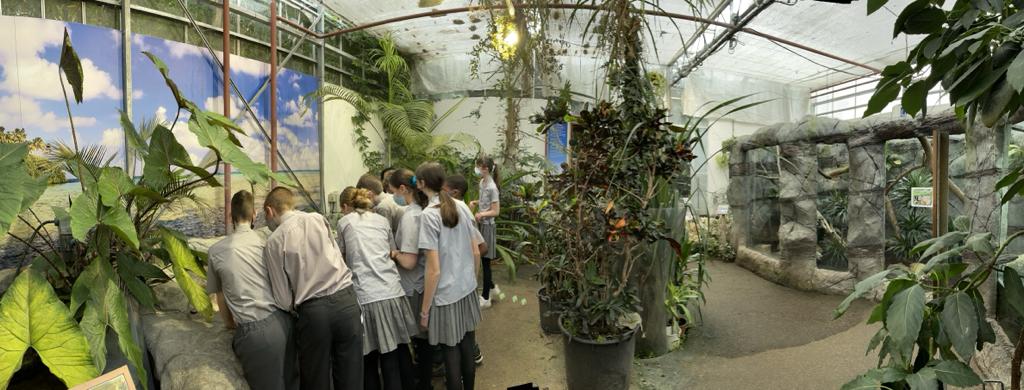Geography
The Geography Department has in place an exciting programme designed to introduce students to the world, to help them understand why it is the way it is, the impact they have on it and how they might shape its future. Each topic is delivered by teachers who are experienced in their fields and can inspire students to ignite a passion for the subject. We believe that curiosity is the key to producing students who are interested in and engaged with the world around them. Curiosity, of course, involves asking questions, such as: How can we manage the impacts of climate change? Can we supply all our energy needs with renewable energy? Why do volcanoes have a larger impact in poorer countries? Will there ever be equality between and within nations? It is through attempting to answer such questions that we can equip students with the tools and skills that they will need for university and indeed a full and rewarding life after education.
Key Stage 3
All students study Geography at Key Stage 3. It is an ideal subject for developing a wide range of skills. A diverse range of topics provides a foundation for students to continue with Geography onto GCSE. Many continue to study it at A Level.
Courses offered
GCSE Geography
What will I learn?
The GCSE course is structured into two areas.
Physical Geography: Causes, effects and responses of earthquakes, tropical storms and climate change. The opportunities, challenges and the sustainable management of tropical rainforests and cold environments and the physical processes shaping our coastal and river landscapes and the impact of flooding and erosion on communities.
Human Geography: Opportunities and challenges facing urban areas and how cities can become more sustainable. The causes and consequences of uneven development and strategies to reduce this development gap. How resources of food, water and energy are essential to human development but are facing challenges to meet the growing demand.
As well as the core units the students will gain a wide range of cartographic, statistical and graphical skills, while also learning how to interpret and analyse data. The students will also undertake a range of fieldwork activities.
A Level Geography
At A Level the course aims to challenge perceptions and stimulate investigative and analytical skills. It allows students to broaden their knowledge and understanding of places, environments, concepts, processes, interactions and change at a variety of scales from local to global. Students will be able to construct arguments and draw conclusions from geographical information and issues.
You will study topics such as
Physical Geography
- Water and carbon cycles
- Coastal Systems
- Hazards
Human Geography
- Global systems and global governance
- Changing places
- Contemporary urban environments
In addition, Students will undertake comprehensive fieldwork which begins to inform the independent investigation. Students will then create their own unique question/hypothesis, decide on the methods to use, collect and analyse data and finally conclude and evaluate the investigation.
Enrichment
Our department knows that to really understand the planet we live on we need to get out and study it. Fieldwork is integral to the course, and we are regular visitors to Juniper Hall in Dorking and the Living Rainforest in Berkshire. The most exciting trip for the Geography Department is the biennial Easter excursion to Iceland where students have the opportunity to explore plate tectonics, volcanoes, glaciers and geothermal parks.

Mrs Amy Greetham
Head of Geography
Geography Students see Northern lights in Iceland


